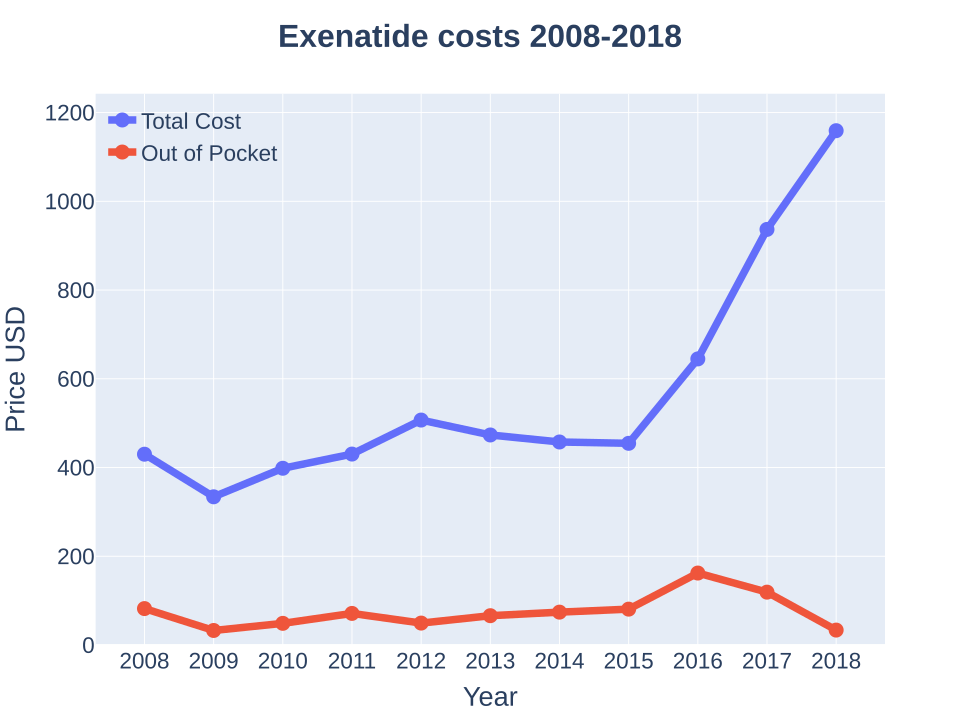Vitamin D3 Supplementation May Slow Cellular Aging via Telomere Maintenance

A recent study published in the Journal of Cellular Biology on June 5, 2025, has established a potentially significant link between vitamin D3 supplementation and reduced telomere shortening, a key factor in cellular aging. Telomeres, the protective caps at the ends of chromosomes, naturally shorten as cells divide, and this process is closely associated with aging and various age-related diseases. The study, led by Dr. Emily Carter, a Senior Researcher at the Institute of Aging at Stanford University, suggests that vitamin D3 may play a crucial role in preserving telomere length, thereby promoting cellular health and longevity.
The research team conducted an extensive analysis involving 1,200 participants aged 50 and older, assessing their vitamin D levels alongside telomere length measurements. According to Dr. Carter, "Our findings indicate that higher levels of vitamin D3 are associated with longer telomeres, suggesting that this nutrient may help mitigate the effects of aging at the cellular level" (Carter, E., 2025).
Previous studies have highlighted the broader health benefits of vitamin D, including its role in bone health and immune function. However, this new investigation specifically focuses on its impact on telomere dynamics. The results showed that individuals with adequate vitamin D3 levels had telomeres that were, on average, 7% longer than those with deficient levels. This is a promising indicator that vitamin D3 supplementation could be an effective strategy for promoting healthy aging.
Dr. Mark Stevens, a gerontologist at the University of California, Los Angeles (UCLA), commented on the implications of this research. "The relationship between vitamin D3 and telomere length opens up new avenues for interventions aimed at slowing down the aging process. However, more extensive longitudinal studies are needed to confirm these findings" (Stevens, M., 2025).
The study's findings are particularly relevant given the increasing interest in nutritional strategies for health management as the population ages. According to the World Health Organization (WHO), the global population aged 60 years and older is projected to reach 2 billion by 2050, highlighting the urgent need for effective aging interventions.
Dr. Sarah Johnson, a nutrition expert at Harvard University, emphasized the importance of understanding how nutrients like vitamin D3 can influence cellular mechanisms. "While we cannot stop aging, identifying dietary factors that may slow down cellular aging can empower individuals to take proactive steps towards better health" (Johnson, S., 2025).
From a public health perspective, the implications of this research could be substantial. If vitamin D3 supplementation is proven to be effective in slowing cellular aging, it could lead to new public health recommendations and interventions aimed at improving the health span of older adults. The Centers for Disease Control and Prevention (CDC) has already noted the importance of maintaining adequate vitamin D levels for overall health, particularly among older adults who are at greater risk of deficiency.
Future studies are expected to explore the underlying biological mechanisms by which vitamin D3 affects telomere maintenance, as well as the optimal dosage and duration of supplementation. For now, the current findings provide a compelling argument for the incorporation of vitamin D3 in dietary strategies aimed at promoting longevity and reducing the burden of age-related diseases.
In conclusion, this study presents significant evidence that vitamin D3 supplementation may contribute to slowing cellular aging through telomere preservation. As the quest for anti-aging interventions continues, understanding the role of nutrition in this process remains crucial. The ongoing research in this area will be essential in shaping future health policies and dietary guidelines for aging populations.
Advertisement
Tags
Advertisement





